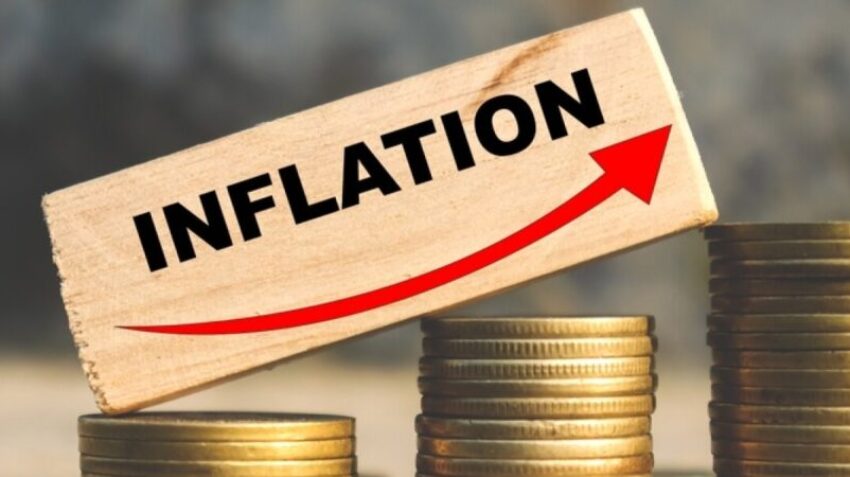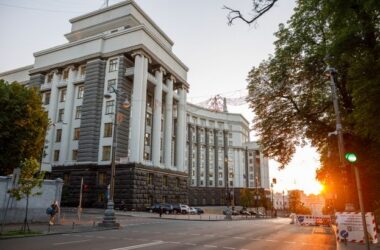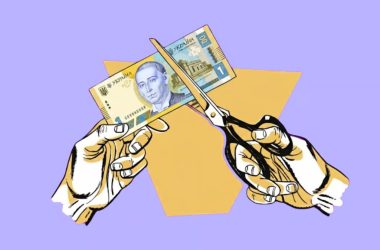Conducting business in conditions of lack of electricity supply, increase in the cost of logistics; increase in purchase prices for raw materials; higher staff costs have already led to higher prices.
In the five months of 2024, consumer inflation in Ukraine was the lowest in recent years – 2% since the beginning of this year. In annual terms, it slowed down to 3.3% (against 5.1% in December 2023 last year). But inflation rates may accelerate soon. This is stated in the Inflation Review for May from the Ministry of Economy.
It is noted that inflationary rates are determined by the specific conditions of the functioning of the consumer market. “The current ‘slackness’ in prices is due to depressed consumer demand, which is less than the supply that exceeds the current needs of the market. This is due to the high harvest of agricultural products last year, the rapid adaptation of the economy to the impact of the war, and the increase in business activity and imports.
The Ministry of Economy notes that the temporary surplus only partially curbs inflation. All the more so since doing business in conditions of lack of electricity supply, increasing the cost of logistics; increase in purchase prices for raw materials; higher staff costs have already led to higher prices for goods with higher added value and more expensive services.
The general growth of consumer inflation by almost 60% during five months of this year. was formed by an increase in prices: in the field of health care (including due to the accelerated increase in prices for pharmaceutical products, medical goods and equipment by 5.8% compared to 3.7% for the same period last year), for cafes and restaurants , hair salon services, Internet, car purchase, vehicle maintenance and insurance, as well as tobacco products, clothing and shoes, appliances and personal care products.
“Taking into account the course of a full-scale war on the territory of Ukraine and the ever-increasing losses for the domestic economy, as well as the constant increase in logistics costs, high occupational safety risks, a shortage of personnel and a number of other “wartime obstacles” for business, it is expected that in the near future the ratio of stimulating factors and curbing inflation will gradually shift towards the former, which will accordingly increase the expected inflation rates,” the Ministry concluded.
It was previously reported that the NBU expects prices to rise in the coming months. This is due to higher electricity prices, probably slightly lower yields and increased business costs, including labor costs.








